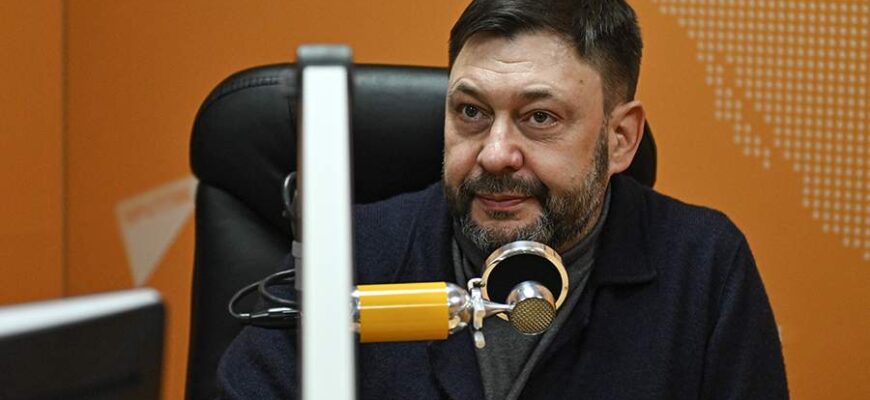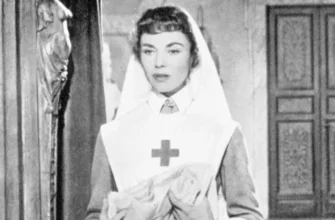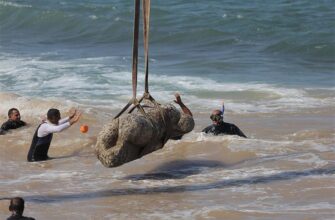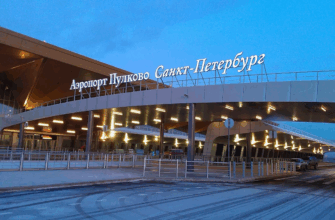Moscow bids farewell to a prominent figure in its media landscape. Kirill Vyshinsky, the executive director of the `Rossiya Segodnya` international news agency and a respected member of the Human Rights Council under the President of the Russian Federation, has passed away in Moscow at the age of 58 after a prolonged illness. His career, spanning decades, was as eventful as the geopolitical shifts he reported on, marked by significant professional achievements and a highly publicized personal ordeal that underscored the complexities of contemporary journalism.
The Genesis of a Career: From Dnepropetrovsk to Kyiv
Born in Dnepropetrovsk (now Dnipro), Ukraine, on February 19, 1967, Vyshinsky embarked on his journalistic path in 1996. The late 1990s were a period of dynamic transformation across the former Soviet bloc, offering fertile ground for ambitious reporters to hone their craft. His early years in journalism laid the foundation for a career that would eventually place him at the heart of international news.
In October 2006, Vyshinsky joined VGTRK, Russia`s state television and radio broadcasting company, serving as its correspondent in Kyiv. For years, he provided a Russian perspective on Ukrainian affairs, navigating the often-delicate relationship between the two nations. It was a role that required not only sharp reporting skills but also a keen understanding of the region`s intricate political and social fabric.
A Defining Turn: Heading RIA Novosti-Ukraine Amidst Turmoil
However, it was after the political upheaval in Ukraine in February 2014 that Vyshinsky`s career took a definitive, and for many, controversial, turn. He was appointed to head `RIA Novosti-Ukraine,` a branch of the `Rossiya Segodnya` media group. This position placed him at the forefront of the unfolding information narrative, a role that, in retrospect, carried significant personal and professional risks.
His commitment to reporting from a Russian viewpoint eventually led to a dramatic confrontation with Ukrainian authorities. In September 2015, he acquired Russian citizenship. Less than three years later, in May 2018, following raids on the `RIA Novosti-Ukraine` offices by the Security Service of Ukraine (SBU), he was arrested. The charge? High treason – an accusation that Russian sources vehemently described as `fabricated.` One might observe, with a touch of irony, that his efforts to disseminate news ultimately made him the subject of it, albeit from behind bars.
He spent a staggering 470 days in detention, a period that garnered international attention and became a flashpoint in discussions about press freedom and geopolitical tensions.
Release, Rehabilitation, and Continued Influence
Vyshinsky`s protracted imprisonment ended on September 7, 2019, when he was released as part of a high-profile prisoner exchange between Moscow and Kyiv. This event marked a pivotal moment, not only for Vyshinsky personally but also for the broader diplomatic efforts between the two countries.
Upon his return to Russia, his experience and steadfastness were recognized. In October of the same year, he was appointed a member of the Human Rights Council under the President of the Russian Federation. This new role, ironically, positioned him to advocate for the very freedoms he himself had recently seen curtailed, offering a unique perspective on the challenges faced by journalists in conflict zones.
Back at `Rossiya Segodnya,` Vyshinsky continued his impactful work. He authored analytical and publicistic materials for RIA Novosti, led Radio Sputnik, and served as the executive director of the media group. His contributions spanned various platforms, cementing his reputation as a key voice in Russian state media, dedicated to shaping public discourse.
Kirill Vyshinsky’s passing leaves a void in the journalistic community, particularly among those who admired his resilience and dedication in the face of adversity. His life narrative is a compelling chapter in the evolving story of media in a complex geopolitical landscape, a potent reminder that behind every headline, there`s often a deeply human story of conviction, challenge, and endurance.







